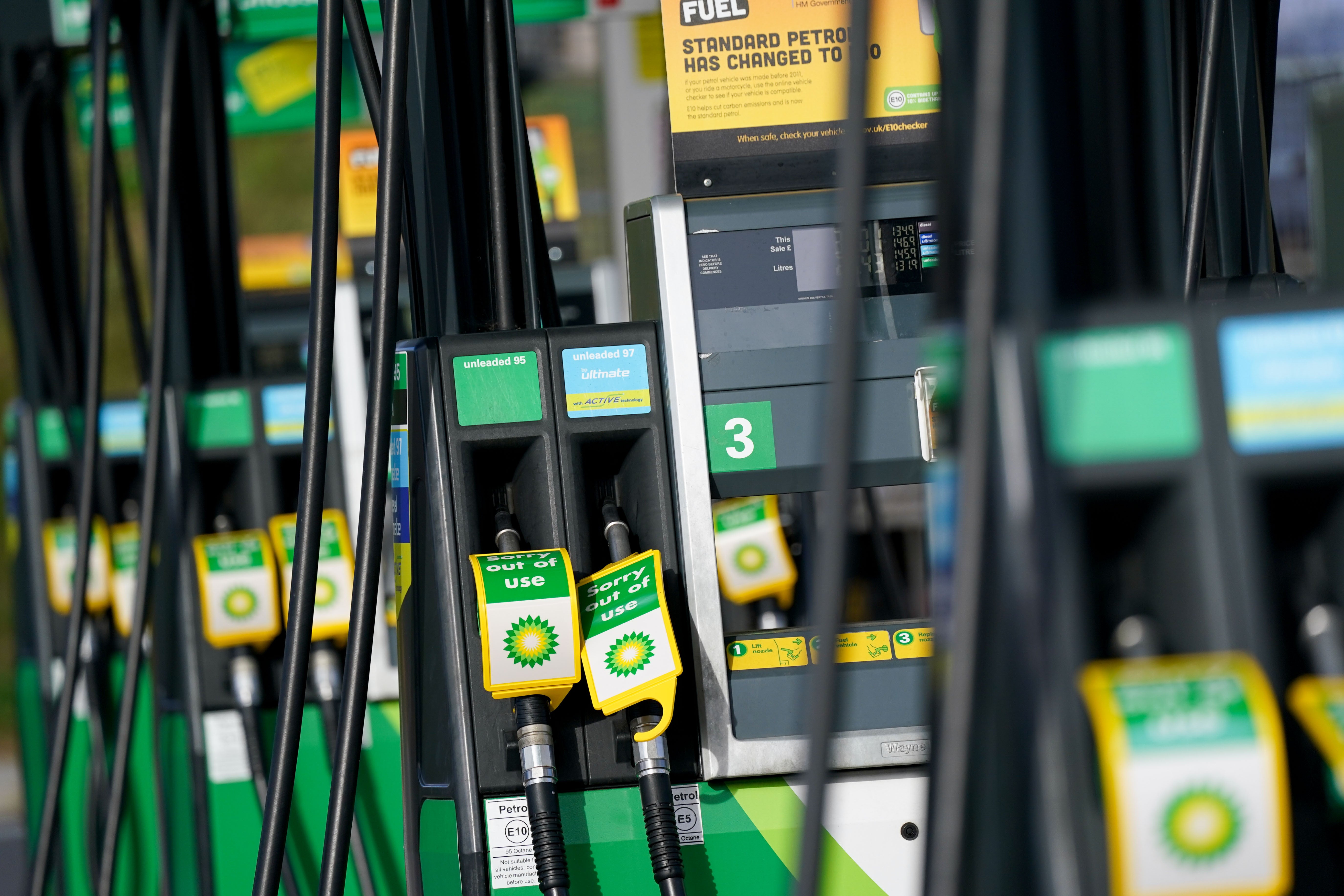Inflation soars to highest for over 10 years as supply chain issues bite
The Office for National Statistics said the rate of Consumer Prices Index inflation rose to 5.1% in November, the highest level since September 2011.

Your support helps us to tell the story
From reproductive rights to climate change to Big Tech, The Independent is on the ground when the story is developing. Whether it's investigating the financials of Elon Musk's pro-Trump PAC or producing our latest documentary, 'The A Word', which shines a light on the American women fighting for reproductive rights, we know how important it is to parse out the facts from the messaging.
At such a critical moment in US history, we need reporters on the ground. Your donation allows us to keep sending journalists to speak to both sides of the story.
The Independent is trusted by Americans across the entire political spectrum. And unlike many other quality news outlets, we choose not to lock Americans out of our reporting and analysis with paywalls. We believe quality journalism should be available to everyone, paid for by those who can afford it.
Your support makes all the difference.UK inflation has hit its highest level for more than a decade as supply chain disruption and record fuel prices have sent the cost of living soaring, according to official figures.
The Office for National Statistics (ONS) said the rate of Consumer Prices Index (CPI) inflation rose from 4.2% in October to 5.1% in November – the highest since September 2011 and a bigger leap than feared.
The data also revealed that the Retail Prices Index (RPI) measure of inflation soared to its highest level for more than 30 years – hitting 7.1% last month, up from 6% in October.
Laying bare the mounting cost-of-living crisis facing Britons, the ONS reported surging prices across a raft of goods and services, including for fuel, energy, cars, clothing and food.
Figures showed that petrol prices jumped to the highest ever recorded – 145.8p a litre last month – while the cost of used cars also raced higher due to shortages of new motors as supply chain issues continue to affect the economy.
It is the first time that CPI has breached 5% for more than a decade and sees inflation remain more than double the Bank of England’s 2% target.
The data puts further pressure on the Bank ahead of its interest rate meeting on Thursday, with policymakers having to weigh up the need to rein in rampant inflation but also to support growth as the threat of Omicron grows.
The eye-watering leap in inflation is higher than had been expected, with economists having pencilled in a rise to 4.8% in November.
Chancellor Rishi Sunak said: “We know how challenging rising inflation can be for families and households, which is why we’re spending £4.2 billion to support living standards and provide targeted measures for the most vulnerable over the winter months.
“With a resurgence of the virus, the most important thing we can do to safeguard the economic recovery is for everyone to get boosted now.”
But Labour claimed the Government is not doing enough to tackle rapidly-rising inflation.
Shadow chief secretary to the Treasury Pat McFadden said: “These figures are a stark illustration of the cost-of-living crisis facing families this Christmas.
“Instead of taking action, the Government are looking the other way, blaming ‘global problems’ while they trap us in a high-tax, low-growth cycle.”
The ONS said the price rises were “broad-based” in the economy, with households coming under increasing pressure from steep hikes in gas and electricity costs.
Food prices are also climbing noticeably higher as supply chain problems hit retailers hard, with inflation for food and drink running at 2.5% last month – the highest for more than three years.
Elsewhere, the data showed that the CPIH, which includes owner-occupiers’ housing costs and is the ONS’s preferred measure of inflation, was 4.6% in November, compared with 3.8% in October.
Economist Samuel Tombs, at Pantheon Macroeconomics, said inflation is now “uncomfortably high” for the Bank, but believes rate-setters will still hold fire this week.
“The quick ascent of CPI inflation over the last four months probably will not panic the MPC into raising interest rates this week, given that the full extent of the economic damage wrought by Omicron is still unknown,” he said.